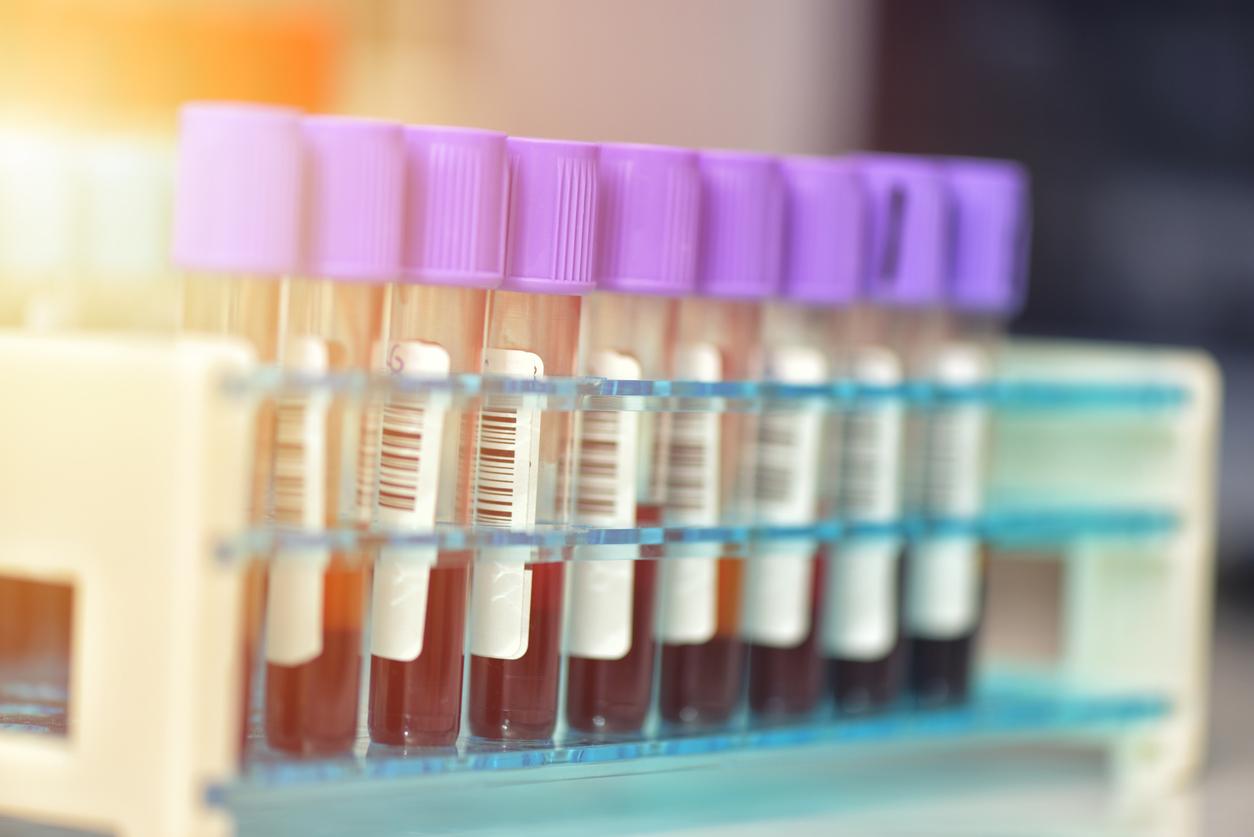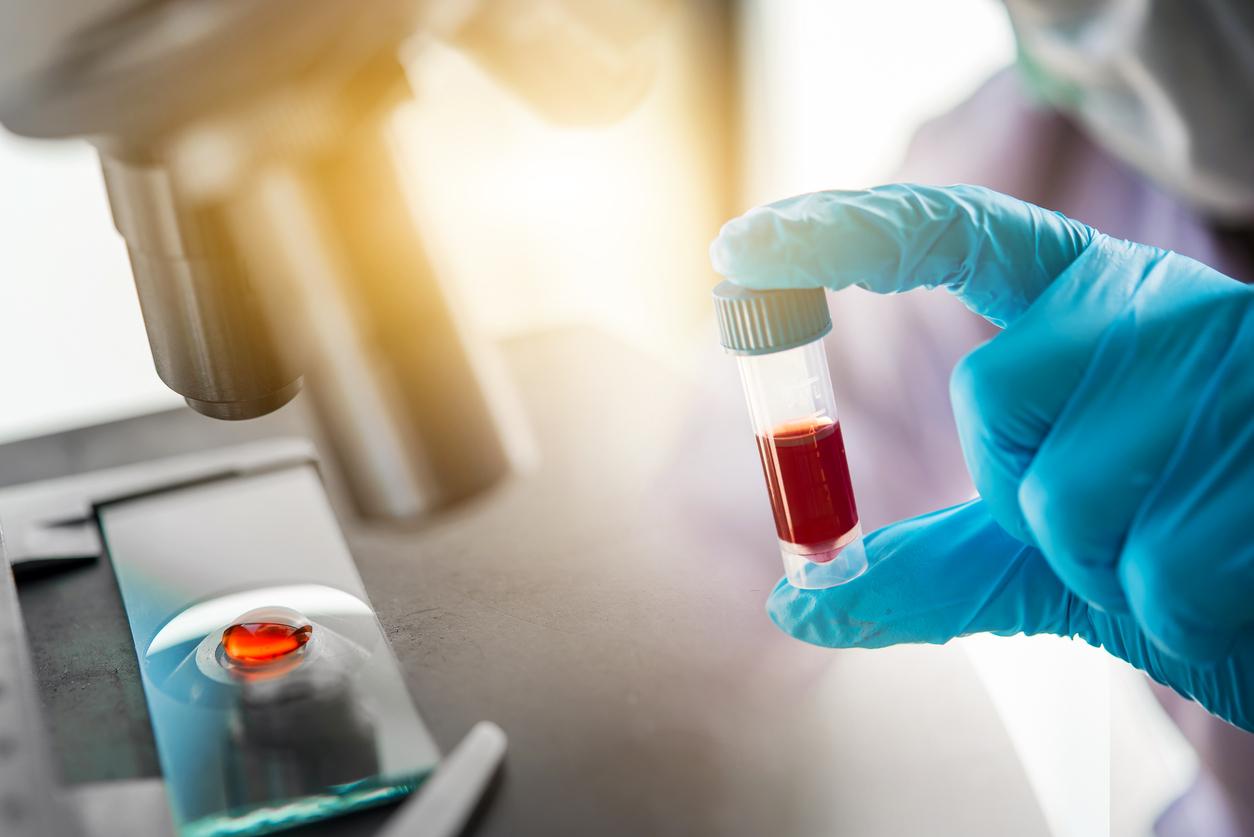American scientists have identified biomarkers present in the cells of the mouth of women with rheumatoid arthritis. They suggested developing a screening test on saliva samples to detect this autoimmune pathology as early as possible.

- In France, rheumatoid arthritis affects 0.3 to 0.8% of the adult population, or about 200,000 people.
- A blood and radiological test can diagnose this autoimmune disease.
- A screening test on a saliva sample taken with a swab could make it possible to detect rheumatoid arthritis as early as possible.
Rheumatoid arthritis is an inflammatory disease that damages the joints. This autoimmune condition is three times more common in women under 60 than in men. “Without treatment, the disease gradually spreads to new joints and leads to the progressive deformation or destruction of the affected joints”, says health insurance. This is why it is essential to detect it as early as possible in order to treat it quickly.
In a study published in the journal Scientific Reports December 10, American researchers have suggested developing a screening test on saliva samples carried out with a swab that is inserted into the mouth. Scientists at the State University of Washington (USA) had this idea after discovering a set of epimutations in women suffering from rheumatoid arthritis, different from those of people who do not have this disease. autoimmune. “Epimutations are molecular factors and processes around DNA that regulate genome activity, independent of DNA sequence”, can we read in a statement from the university.
Epimutations identified in women with rheumatoid arthritis
To make this discovery, the authors of the work took oral cells from 50 women using a swab. About half of the participants had rheumatoid arthritis. They then examined the epigenome (all of the epigenetic modifications of a cell) of the patients. Their analysis identified epimutations in areas called “DNA methylation regions” in women with rheumatoid arthritis.
“Observations demonstrate that rheumatoid arthritis biomarkers related to DNA methylation and epimutation are cell-type specific”the scientists said. “If we can identify the disease ten years before it develops, that opens up a whole field of preventive medicine that we didn’t have access to before.”said Michael Skinner, professor at Washington State University and author of the research.
.

















